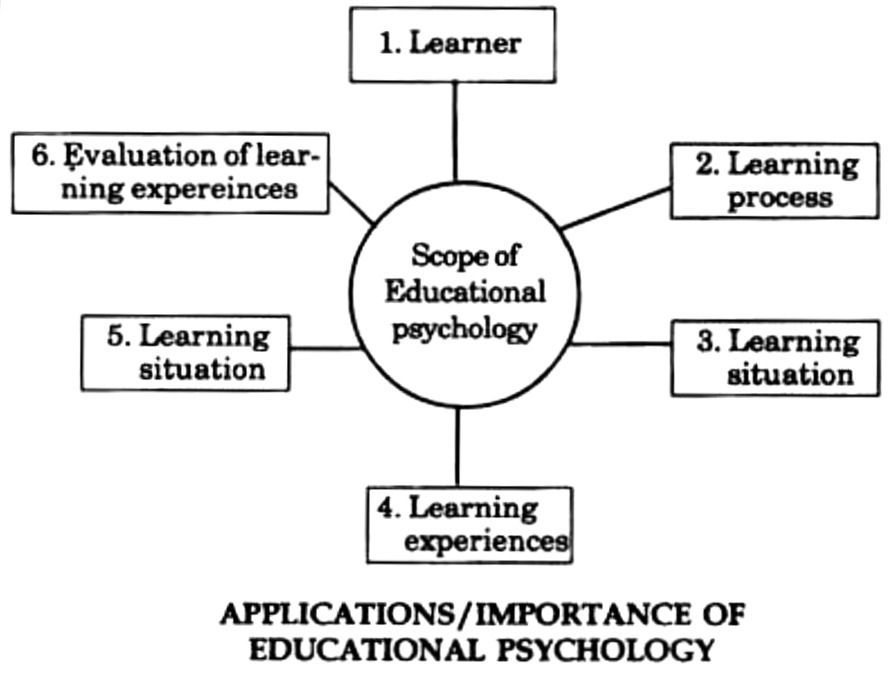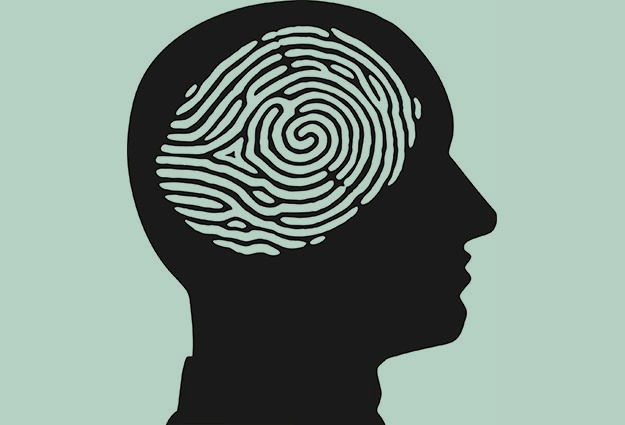Different psychologists you may encounter!
- Tabita kristel
- Nov 29, 2020
- 2 min read
Updated: Jun 16, 2023
As mentioned in the previous blog post, Health Psychology is one of several streams of the Psychology field. Choosing a psychologist to support you is not an easy decision, and selecting what type of psychologist to try can further confuse you.
This post will hopefully serve to open up a discussion on how to choose the best option for you when seeking therapy.
What is Clinical Psychology and what do Clinical Psychologists do?

Clinical Psychology is an area interested in the diagnosing and treating diseases of the brain, emotional disturbance, and behavioural problems. Clinical psychologists manage various mental and physical issues such as anxiety, depression, learning difficulties, etc. They are also trying to understand the psychopathology and diagnostic criteria, to help formulate interventions for a client. Assessment of a client through the use of psychometric tests, interviews, and observation can lead to therapy.
What is Counselling Psychology and what do Counselling Psychologists do?
Firstly, it is necessary to mention that Counselling Psychologists differ from Counsellors.
While they perform similar duties, some key differences are educational background, areas of focus and expertise, and work settings. The diagram below should help clarify the differences and what they do:

What is Educational Psychology and what do Educational Psychologists do?
According to the APA (American Psychological Association), Educational Psychology is the study of how people learn and retain knowledge. Education psychologists apply psychological science to improve the learning process and promote educational success for all students.

Educational psychologists study the social, emotional and cognitive processes involved in learning and apply their findings to improve the learning process. Some specialize in the educational development of a specific group of people such as children, adolescents or adults, while others focus on specific learning difficulties such as attention deficit hyperactivity disorder (ADHD) or dyslexia.
What is Forensic Psychology and what do Forensic Psychologists do?

According to the BPS (British Psychological Society), forensic psychology is concerned with the psychological aspects of legal processes in courts. The term is also often used to refer to investigative and criminological psychology: applying psychological theory to criminal investigation, understanding psychological problems associated with criminal behaviour and the treatment of those who have committed offences.
Their interest lies in understanding why certain behaviours occur, and also in helping to minimize and prevent such behaviours. Forensic psychologists apply their knowledge of psychological principles and can use it to help narrow down a suspect list or provide a motive for a crime. In some cases, the testimony of a forensic psychologist might be the last piece of the puzzle when trying to convict a criminal.
What is Sports & Exercise Psychology and what do Sport & Exercise Psychologists do?

The BPS states that Sport Psychology’s predominant aim is to help athletes prepare psychologically for the demands of competition and training. Exercise psychology is primarily concerned with the application of psychology to increase exercise participation and motivational levels in the general public.
In practice, sport & exercise psychologists provide psychological assessment, crisis intervention and psychological service.
With that, I shall sign off for a while in hopes that this post has helped offer further detail on the different roles psychologists can have. If you have any questions or comments you may access the chat function to direct them.


Comments